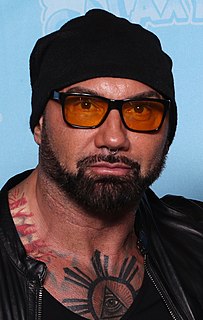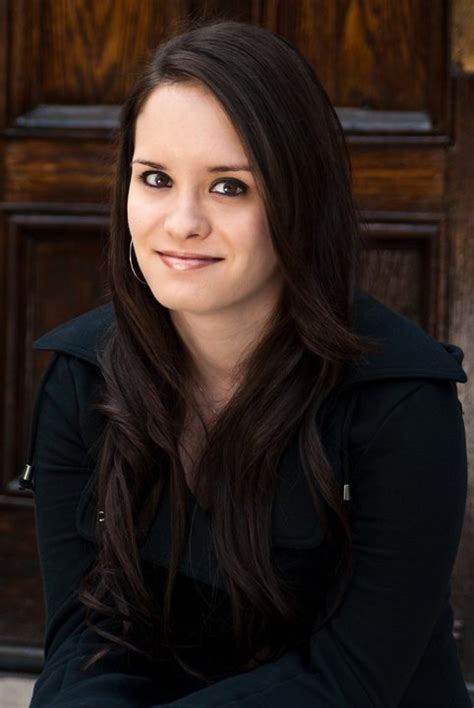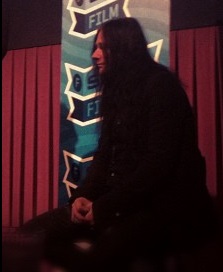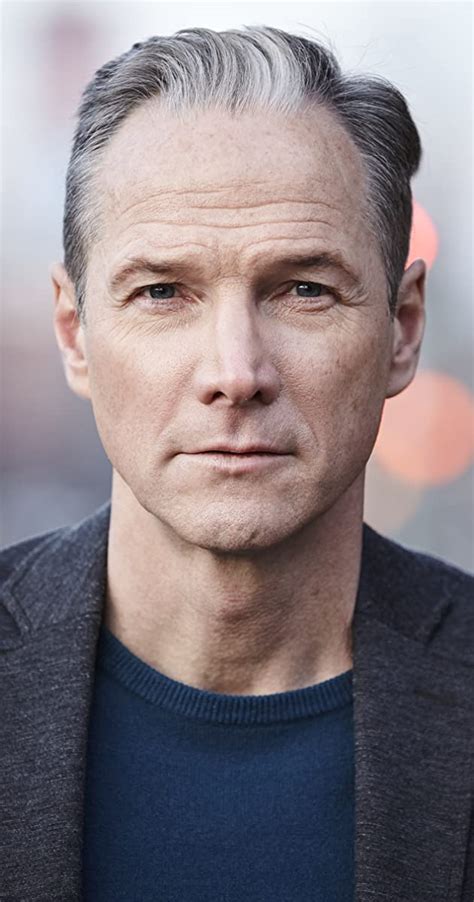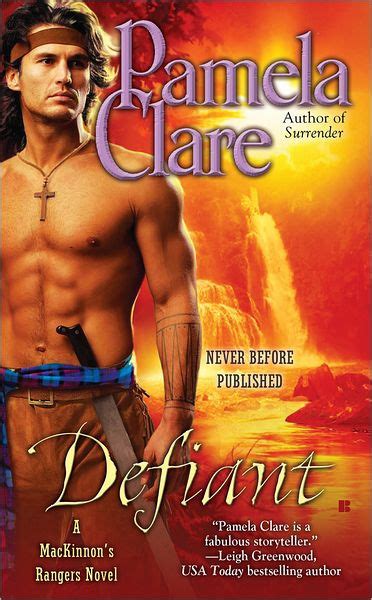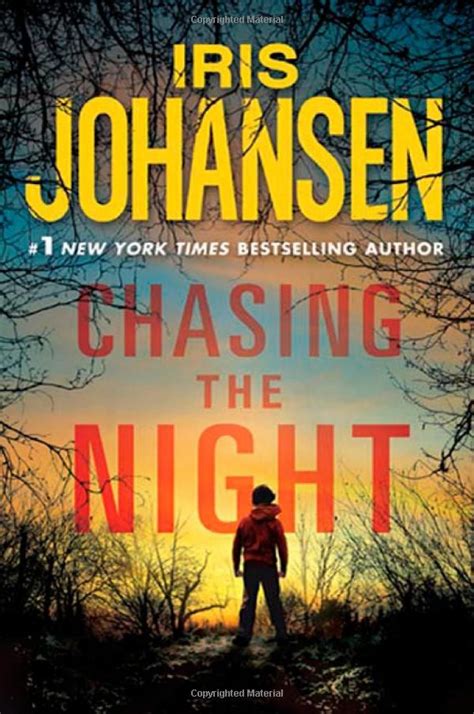A Quote by Patrice Pavis
New dramatic writing has banished conversational dialogue from the stage as a relic of dramaturgy based on conflict and exchange: any story, intrigue or plot that is too neatly tied up is suspect.
Related Quotes
The difference when I'm writing a story versus writing a joke is that writing a joke is so much more about the structure and it's less about the conversation. To me, the thing that I love about stand-up is the intimacy between performer and audience.To get it even more conversational was something that really appealed to me and that I really enjoyed doing. My early experiments with it, with just telling a story from my life on stage, it was so satisfying to do. And seemingly for the audience as well. It's a different thing, and it's a different feeling and a different vibe.
When you're working on a scene, both in the script phase and also in the moment, you look around and you wait for the lightning bolt to strike you and based on your instincts tell you what the right thing to do is here. And that can result in anything from a change of dialogue to the realisation that what you thought was a dramatic scene should actually have some humour. And maybe if you stage it this way it's funnier, or if you put the camera here it tells a different story. That stuff is kind of everything when you're a director.
The pressure is always stepping on stage with actors who are just so well-established. It's a scary thing. I haven't been around the block that many times, especially not on big projects. Dialogue makes things easier. When you start bouncing dialogue off of other actors, it becomes comfortable; it becomes conversational.
When you have a conflict, that means that there are truths that have to be addressed on each side of the conflict. And when you have a conflict, then it's an educational process to try to resolve the conflict. And to resolve that, you have to get people on both sides of the conflict involved so that they can dialogue.





